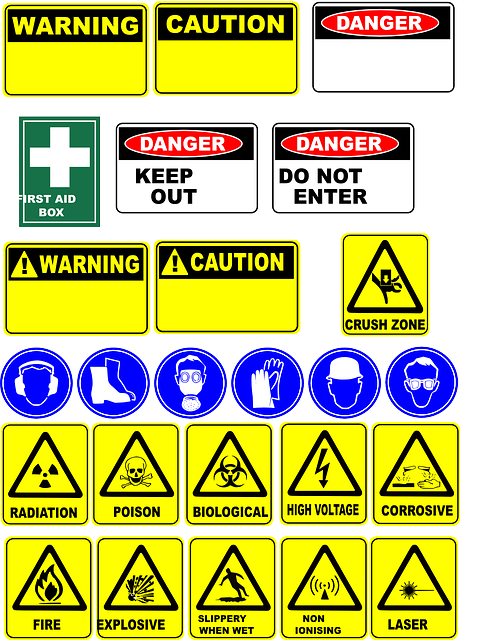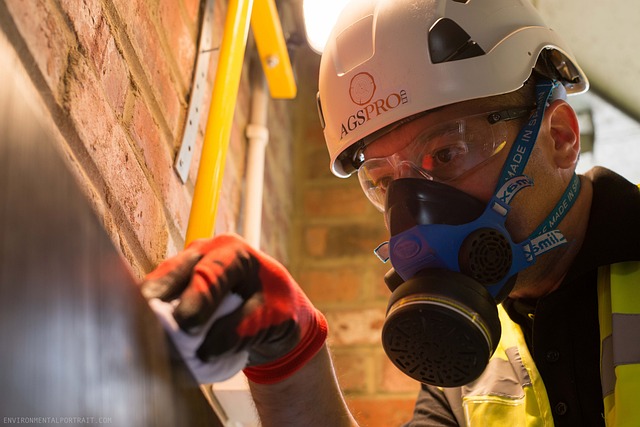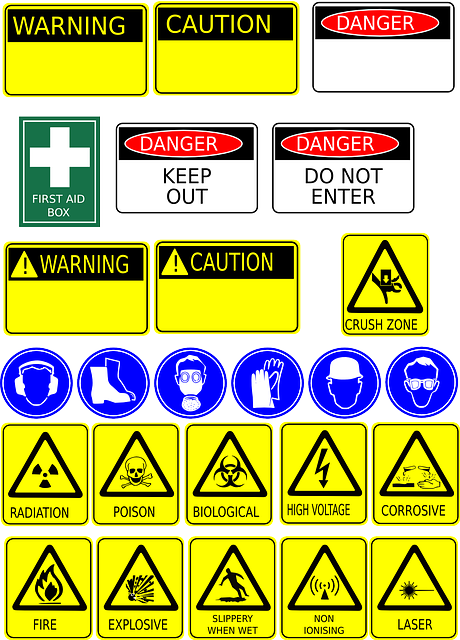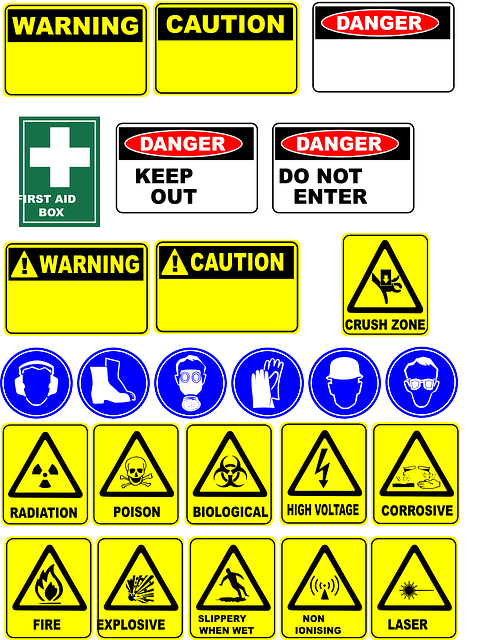Background checks are paramount in the hospitality industry for ensuring safe, legal, and competent staffing. Thorough screening verifies credentials, identifies risks, and promotes guest satisfaction through qualified personnel. Digital tools and advanced data analytics streamline processes, enhancing efficiency while meeting industry standards. Effective hospitality employee screening is a strategic necessity for high-quality service and operational integrity.
In the dynamic, guest-centric world of hospitality, ensuring the credentials and qualifications of your workforce is paramount. Background checks play a pivotal role in mitigating risks, upholding quality standards, and fostering guest satisfaction. This article delves into the significance of thorough hospitality employee screening, detailing essential credentials to verify, effective screening processes, legal compliance considerations, best practices for robust verification systems, and successful case studies. By exploring these aspects, we provide insights into optimizing your hospitality business through meticulous background checks tailored to the industry’s unique demands.
- Understanding the Importance of Background Checks in Hospitality Industry
- Identifying Essential Credentials and Qualifications for Hospitality Workers
- The Process of Conducting Effective Employee Screening
- Legal Considerations and Compliance in Background Verification
- Best Practices for Implementing a Robust Credential Verification System
- Case Studies: Successful Implementation of Rigorous Hospitality Staff Screening
Understanding the Importance of Background Checks in Hospitality Industry

In the dynamic and people-centric hospitality industry, ensuring the credibility and competence of employees is paramount to delivering exceptional guest experiences. Background checks play a pivotal role in hospitality employee screening, serving as a crucial first line of defense against potential risks and challenges. These thorough investigations delve into an applicant’s history, verifying their qualifications, work experience, and any red flags that may impact their ability to perform roles requiring trust and responsibility.
By implementing robust background check processes, hospitality businesses can mitigate various risks, including unauthorized access to sensitive information, fraudulent activities, and legal complications arising from past misconduct. Moreover, it fosters a culture of safety and integrity within the organization, providing managers with peace of mind when assigning critical tasks to their staff. Effective screening methods are not just about compliance; they empower employers to create a secure and reliable workforce, ultimately enhancing operational efficiency and guest satisfaction.
Identifying Essential Credentials and Qualifications for Hospitality Workers

In the dynamic field of hospitality, ensuring the credibility and competence of workers is paramount to delivering exceptional guest experiences. Effective hospitality worker screening begins with identifying the essential credentials and qualifications that align with specific roles. For front-of-house staff like servers and bellhops, a clean background check, relevant culinary or customer service training certificates, and demonstrated communication skills are non-negotiable. These individuals form the public face of the establishment, directly impacting guest satisfaction through their interactions and service quality.
Moreover, housekeeping and maintenance personnel also require rigorous screening to verify their training in health and safety protocols, cleaning methodologies, and equipment operation. Proven work history demonstrating reliability and a strong commitment to detail is crucial for these roles. Background checks play a pivotal role in hospitality employee screening, uncovering potential red flags related to dishonesty, violence, or other issues that could compromise the safe and welcoming environment guests expect.
The Process of Conducting Effective Employee Screening

Effective hospitality employee screening begins with a comprehensive understanding of the required skills and qualifications for the role. This involves reviewing job descriptions to identify essential criteria, such as certifications in food safety, customer service training, or specific industry knowledge. Once defined, these standards serve as benchmarks during the screening process.
Background checks play a pivotal role in this procedure. They include verifying educational credentials, work history, and relevant certifications through cross-referencing with official databases. Additionally, reference checks from previous employers can provide valuable insights into an applicant’s performance and character. By combining these methods, hospitality businesses can ensure that their employees possess the necessary qualifications, enhancing guest satisfaction and operational efficiency.
Legal Considerations and Compliance in Background Verification

In the dynamic landscape of hospitality, where guest experiences are paramount, ensuring the credentials and qualifications of employees is non-negotiable. Background checks in hospitality play a pivotal role in this process, offering a robust mechanism to verify the authenticity of job applicants’ educations, certifications, and past employment histories. This meticulous screening process aligns not only with best practices but also with legal considerations and compliance mandates.
Diverse jurisdictions maintain distinct regulations governing background verification, demanding that employers conduct thorough checks to mitigate risks. In the context of hospitality employee screening, this involves verifying academic transcripts, professional licenses, references, and criminal records. Compliance isn’t merely a legal obligation; it’s a cornerstone of ethical hiring practices, safeguarding both the employer and guests from potential vulnerabilities.
Best Practices for Implementing a Robust Credential Verification System

Implementing a robust credential verification system for hospitality workers is paramount to ensuring safety, quality service, and legal compliance. Best practices include leveraging advanced digital tools for efficient background checks, such as automated data cross-reference and AI-driven risk assessment algorithms. These technologies enable thorough scrutiny of applicants’ resumes, licenses, certifications, and past employment records, uncovering potential red flags or discrepancies that manual verification might miss.
Additionally, adopting a comprehensive verification process that goes beyond basic qualifications is essential. This involves verifying specific skills relevant to the role, checking references for work ethic and customer service orientation, and assessing cultural sensitivity and language proficiency, especially in diverse tourism hubs. Regular recertification and ongoing monitoring of employee credentials further strengthen the system, ensuring that hospitality staff remain qualified, competent, and aligned with industry standards throughout their tenure.
Case Studies: Successful Implementation of Rigorous Hospitality Staff Screening

In today’s digital era, the hospitality industry is witnessing a game-changer shift in how they manage and verify their workforce credentials. Background checks in hospitality have evolved from basic reference checks to include comprehensive screening processes that delve into applicants’ education, work history, and even social media presence. This rigorous hospitality staff screening has proven successful in several case studies across the globe.
For instance, a five-star hotel chain in North America implemented a robust digital verification system, allowing them to cross-reference qualifications and check references instantaneously. This initiative reduced the time taken to onboard new staff by 30% while enhancing the accuracy of information gathered. Similarly, a large international airline adopted a multi-faceted approach, combining traditional background checks with advanced data analytics to predict employee performance and retention rates, showcasing an effective strategy for long-term workforce stability.






